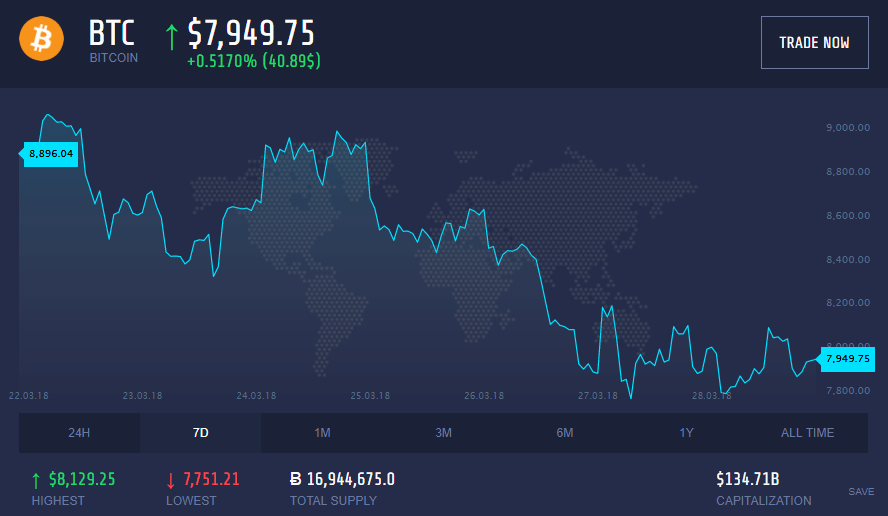Couple days ago, the CEO of Twitter made a strong statement in favor of bitcoin by saying that the digital currency is expected to become the most significant currency of the world within the next decade. This was before Twitter ban of cryptocurrency ads from its platform.
Dorsey had said: “The world ultimately will have a single currency; the internet will have a single currency. I personally believe that it will be bitcoin.”
However, there is a problem: bitcoin mining uses a lot of electricity. Operational costs are expected to hit 60% of bitcoin mining revenues. For the mining reward of 3.13 bitcoins, the operational cost will come to around $19 million, of which 80% would be the cost towards electricity.

The analysis then takes input from the 2017 World Payments Report, which states that there were 433 billion electronic transactions in the year 2015. If the number of such transactions continues to increase at a steady pace of 10 percent per year, the number will reach 1.5 trillion by the year 2028.
If bitcoins are expected to be the core currency of circulation for all these transactions at the earlier calculated energy cost of 1,011 kWh per transaction, it will require a high energy of around 1,511,484 terawatt hours. The result? It will be impossible to have such high power available even from the best of nuclear power plants put together. It does not seem possible to have bitcoin as the mainstream currency of the future, this analysis concludes.

